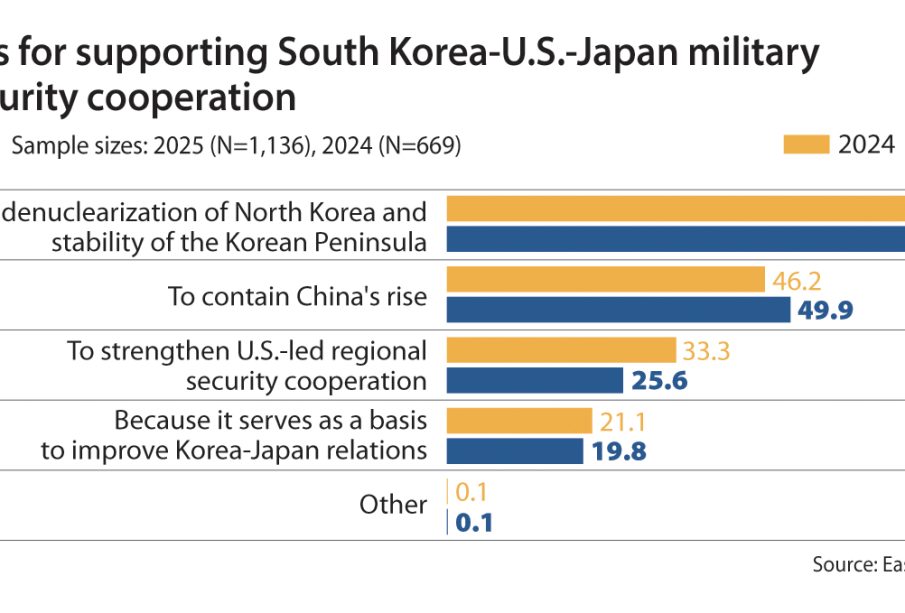Understanding the Dynamics of South Korea vs China

Introduction
The relationship between South Korea and China has been a subject of intense scrutiny and negotiation, particularly in the context of geopolitical stability in East Asia. With recent developments in trade, military presence, and diplomatic relations, these two countries are at a critical juncture that could shape the future balance of power in the region. Understanding the complexities of South Korea-China relations is crucial for both regional and global stakeholders.
Recent Developments
In recent months, tensions between South Korea and China have escalated. A significant trigger was South Korea’s increasing military cooperation with the United States, particularly regarding joint military drills and the deployment of advanced missile defense systems, which China perceives as a direct threat to its national security. According to analysts, these drills have intensified Beijing’s apprehensions and led to a series of retaliatory measures, including economic sanctions targeting Korean businesses operating in China.
Additionally, there have been ongoing diplomatic spats concerning issues like historical grievances and North Korea’s nuclear ambitions. China, as North Korea’s closest ally, often finds itself in the role of mediator, which has led to discomfort in South Korea, especially given the North’s continued missile tests and military provocations.
Economic Impact
The economic ties between South Korea and China have been robust, with China being one of South Korea’s largest trading partners. However, recent political tensions have affected trade dynamics. Reports indicate that South Korean exports to China have faced significant declines due to the current diplomatic rift. For instance, the Korea International Trade Association (KITA) has noted a drop of over 15% in exports of consumer electronics, a key industry for South Korea.
Moreover, South Korean companies operating in China, like Hyundai and LG, have reported disruptions and shifts in consumer sentiment, which could have long-term implications for the corporate landscape in both nations.
Conclusion
As the situation between South Korea and China continues to evolve, the importance of diplomacy and dialogue cannot be overstated. The outcomes of these rising tensions hold significant implications not only for the two nations but also for regional stability in East Asia. Experts suggest that both South Korea and China must navigate these issues carefully, balancing their national interests with the need for cooperation to ensure peace and economic resilience in the face of global challenges. Moving forward, ongoing negotiations and a focus on mutual understanding will be vital in re-establishing a functional relationship between these two influential countries.








